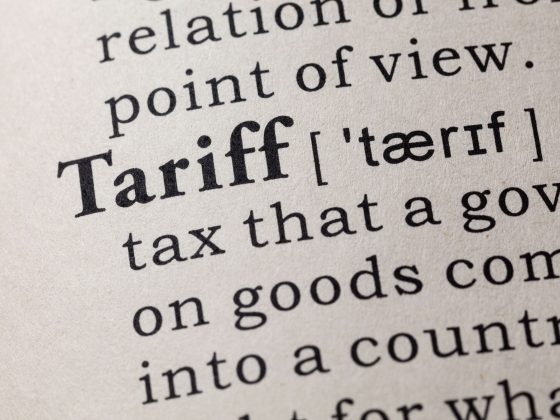One of the things that sets us apart from other sites is that we help users stay current with the rules set by the DMV.
Use eTags© to Quickly Complete Your DMV Service. Renewals, Title Transfers and More, All Online!
As vehicle owners are required to comply with certain DMV-related duties, there are still some motorists who ignore the difference between a “title” and “registration.”
If that’s your case, then you just clicked on the right link. Below you’ll find a concrete definition of both terms.
We truly understand that your time matters, and there is no reason, nor excuse to ignore key terms associated with car ownership.
Having said that, let us help you understand what these terms are all about.
What is a vehicle title?
A vehicle title is a legal document giving proof of ownership of a vehicle. Your vehicle title will be useful for different duties, including title transfers or any other procedure in which you are required to demonstrate that you are the owner of your vehicle.
This document also presents key information about you and your vehicle which makes it of supreme importance. Don’t lose it! Not to mention that your title contains information that is completely accurate.
Your title provides the following information:
- Vehicle Identification Number (VIN).
- Odometer Reading at Date of Vehicle Purchase.
- Vehicle Weight Class.
- Name and Address of Owner.
- Lender’s Name and Address (if applicable).
There is also a “Title Assignment” section that is divided in two sections:
- The buyer’s section: This section should be completed by the person who intends to buy the vehicle.
- The seller’s section: This section should be completed by the person who intends to sell the vehicle.
It’s easy to fill out these sections when buying a vehicle from a dealership as they usually take care of the process.
However, if you are planning to buy a vehicle from a private seller, you will need to fill out the above-mentioned sections on your own.
Be careful when filling out this document as you are not allowed to scratch off, erase, or use white-out to fix mistakes.
In most cases, you will be required to order a duplicate title if you make a mistake. Watch out!
What is a vehicle registration?
A vehicle registration refers to the documentation required by your local state to validate that you have registered your car with them, paid any taxes or fees due.
If you arrange an in-person visit with the DMV, you will be required to process, both title and registration together, which is less time-consuming to say the least.
In some states, the DMV facilitates vehicle owners with a license plate and a registration document or sticker to be placed on the windshield.
These documentation serves as an indicator that the vehicle has been registered with the state and is roadworthy.
Law enforcement and tag agents pay close attention to license plates to identify a vehicle and trace ownership.
In Florida, for instance, the FLHSMV treats a registration as proof of having paid the registration tax and fees on a particular vehicle.
Florida residents receive a license plate, a validation decal, and a registration certificate after completing the process.
One important aspect worth mentioning is that you need to show proof of ownership of your vehicle (either the vehicle title or finance paperwork if the car has a lien on it) in order to register a vehicle.
As titles are closely related to vehicle registrations, you are strongly advised to keep all your documentation in a secure place to avoid future complications.
Congrats! You’ve just learned something new. So, what’s next?
Did you know that eTags offers online car registration renewals to residents in Florida, California, Pennsylvania, and Maryland?
By using our online platform to process your renewal, you will have more time living and less time waiting. Isn’t that fantastic?
SEE ALSO: 8 Common Questions About DMV Tag Renewal in Florida








